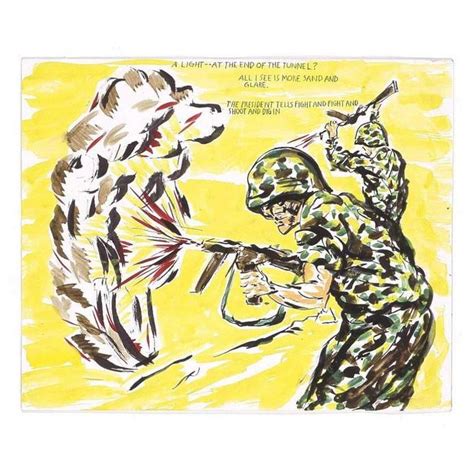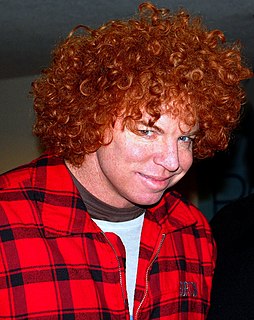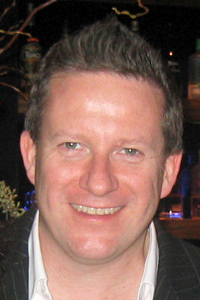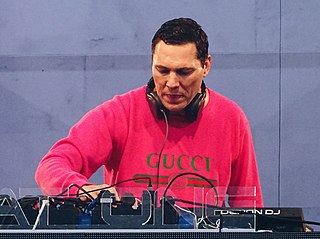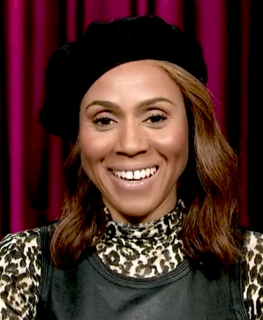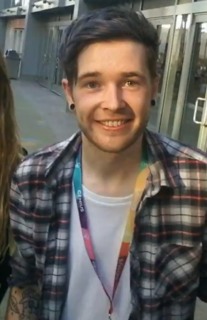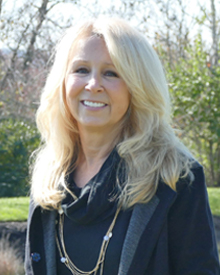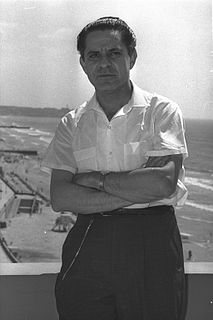A Quote by Raymond Pettibon
What social media has done - Facebook, Twitter - is show the audience. I don't have an audience. When I make my work, it just goes out into the ether. I have a thick skin and it just brings me down to earth, you know, to realize how out-there and far away and paltry the audience is that gets what I'm saying. It's depressing if I let it get to me. And it's the same with hanging a show, the way it's put up, like, three stories high and you can't read a single word.
Quote Topics
Related Quotes
I love Twitter, you know? I try to read everything I can on Twitter. You get so much nice feedback about stuff, you know you just put out a sentence and everybody laughs or everybody's just sending something back. It's amazing. Same with Facebook, you know? I'm a lot on Facebook and it's just - it's just amazing. And YouTube, of course, as well.
Katalyst is a merger of three industries. A piece of us is connected to ad agencies. Because we get the complex overlay of the social Web, we know how to engage an audience and how to make entertainment for the social Web. And we know how to gain and activate and retain an audience. So we create social networks for brands.
'Ragtime' was the most magical show that I've done. I had an incredible experience with that, with the show itself, with the cast, with the audience. The response to that show - my God, it really blew me away, the reactions to that show, the way it changed their lives and altered their thinking, their own self-discovery.
It's so much better for me to do a talk show. You still have that energy of the audience, and the audience is just as important as that guest that's sitting next to me. It's not about me and that guest exchanging energy and talking. It's about everything that's going on in that room, and they're as much a part of the show as anything. I like this better than anything I've ever done.
Performers should realize they not only have to prepare themselves for concert purposes as far as memorizing their programs goes, but for the business of just walking out before the people …. It is important to play before an imaginary audience too. Before I play in public I very often play a program three or four times as though I were seated before a actual audience.
Making a show is also economics. Because the irony is, or the shame of it is, you cannot create a show instantaneously. It needs to be massaged. You need to see who is relating to who. How is it working with the audience? You need to give it a chance for the audience to find it, because there are so many outlets. And the audience doesn't know where to go.
